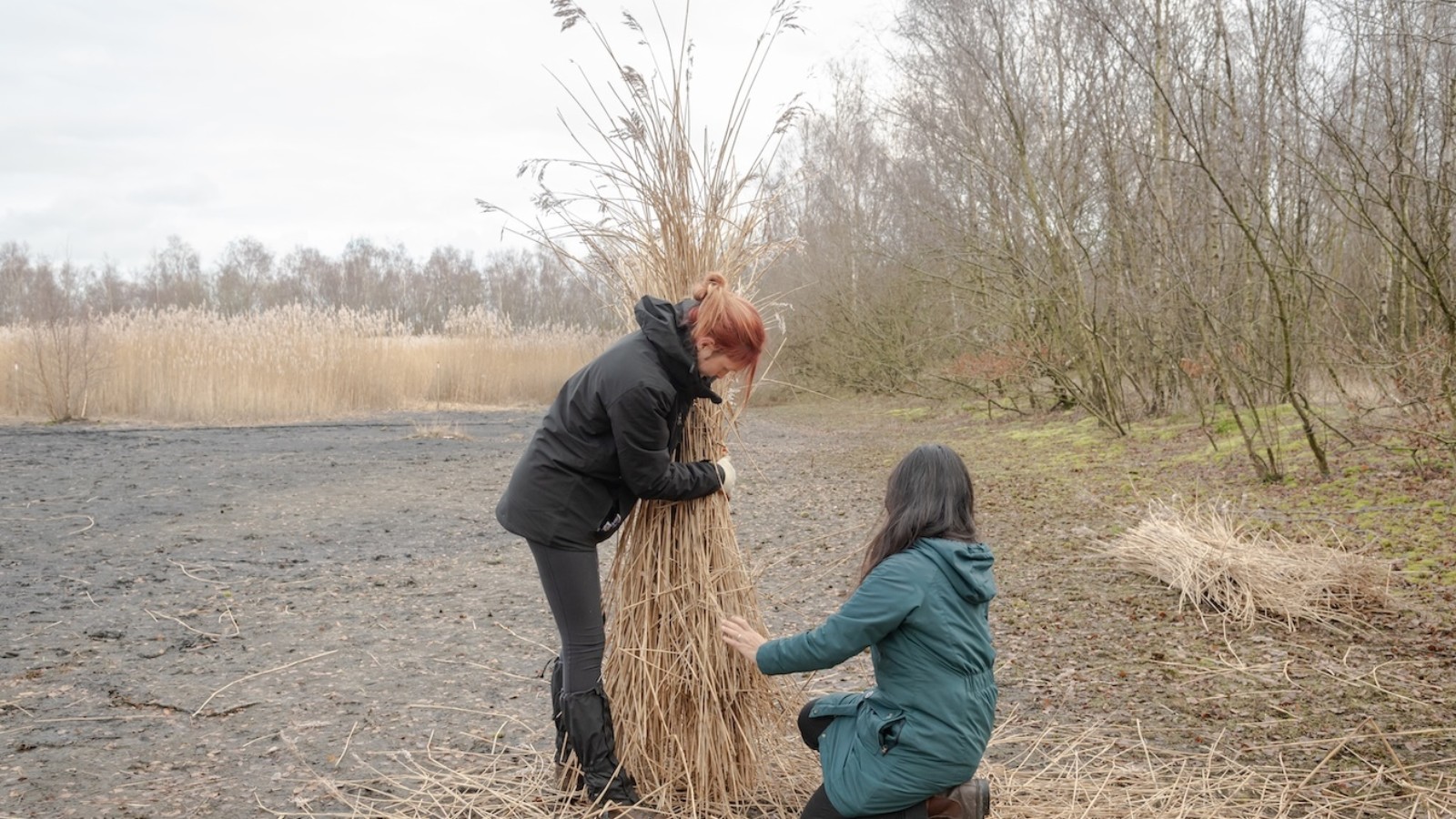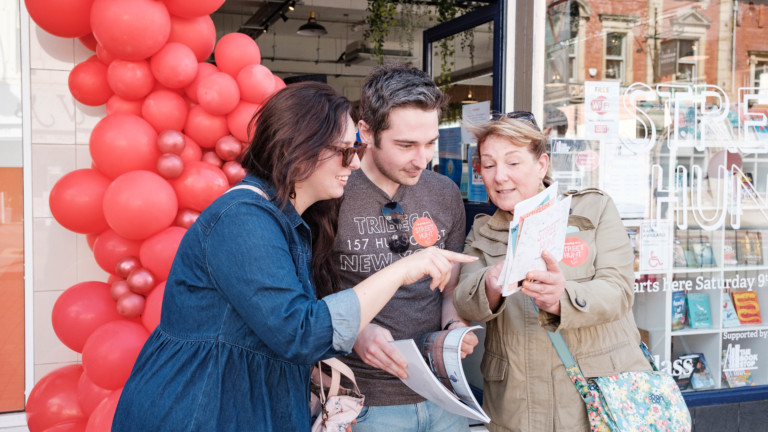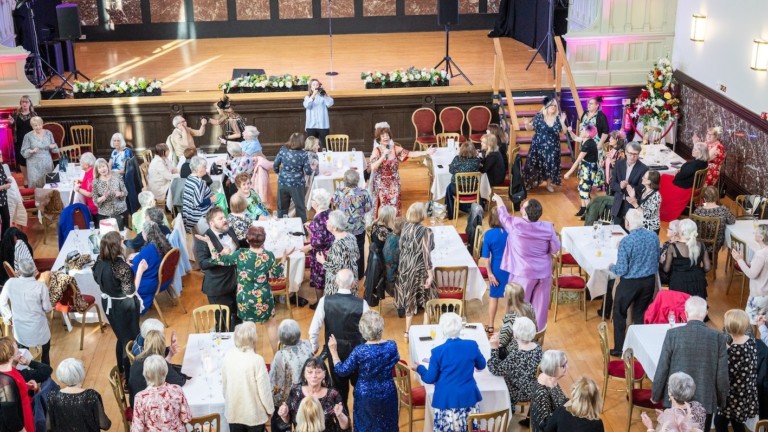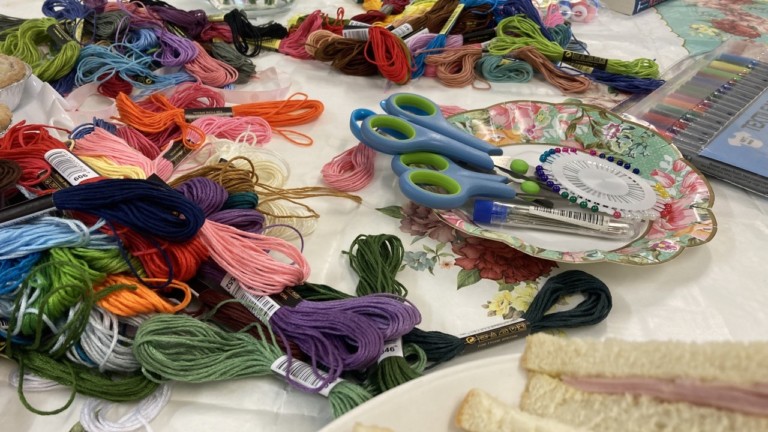Community arts and social change
Patrick Fox (PF): As a community arts organisation, we’ve always seen our work as providing opportunities to imagine the world differently. In a moment of deep cultural crisis in which people feel disconnected and unheard, the unique position of community development and arts methodologies to ‘stay with the trouble’* to unlock something together feels more vital than ever.
Lisa Nandy’s Jennie Lee lecture in February rightly underscored the power of creative expression in building trust, fostering understanding and strengthening a sense of belonging. I welcome her reminder that the arts are not a luxury but a fundamental force in shaping a more cohesive future.
In 10+ years of Heart of Glass we’ve witnessed an overwhelming appetite for space, conversation and creative intervention – against the backdrop of increasingly limited (and often hostile) opportunities for genuine public dialogue. Encountering your work at the Joseph Rowntree Foundation (JRF), I felt reassured that spaces of imagination were being recognised and prioritised by others across the social, political and environmental spectrum.
Our recent programme – Speculative Futures – has seen our work develop in lots of different spaces and contexts. Projects like What Does He Need? exploring masculinity, or our place-based programmes across St Helens and Knowsley exploring community ownership and experimentation create vital opportunities for a range of lived experiences to interact with and challenge the forces that shape our experience of contemporary society.
My entry into the arts was through community-based projects in North Dublin, one of Europe’s largest regeneration projects at the time. It was my first experience of the power of community-based arts as a space of social transformation and agency. It led me to understand I had a place and space through which to imagine the world anew. Could you share some of the motivations behind your Emerging Futures programme?
Emerging futures and collective imagination
Sophia Parker (SP): JRF launched the Emerging Futures programme with the recognition that we are in a poly-crisis – a convergence of crises where traditional solutions, particularly those addressing poverty, may no longer be effective. This is especially true of the ecological crisis, which demands fundamental shifts rather than incremental changes.
Our approach has been inspired by systemic change models, which highlight the decline of dominant systems and the emergence of new ones – often marginalised because they challenge mainstream values. Over the past year, we made the strategic decision to support 28 organisations building alternative, post-capitalist futures, centring regenerative practice, liberation, solidarity and joy.
Operating across culture, justice, healing, economics and ecology, they are carving out innovative spaces that move beyond the constraints of late-stage industrial capitalism and pioneering new ways of thinking and working.
Read the full article on Arts Professional: https://www.artsprofessional.c...


 News
News Short Read
Short Read

 Free
Free